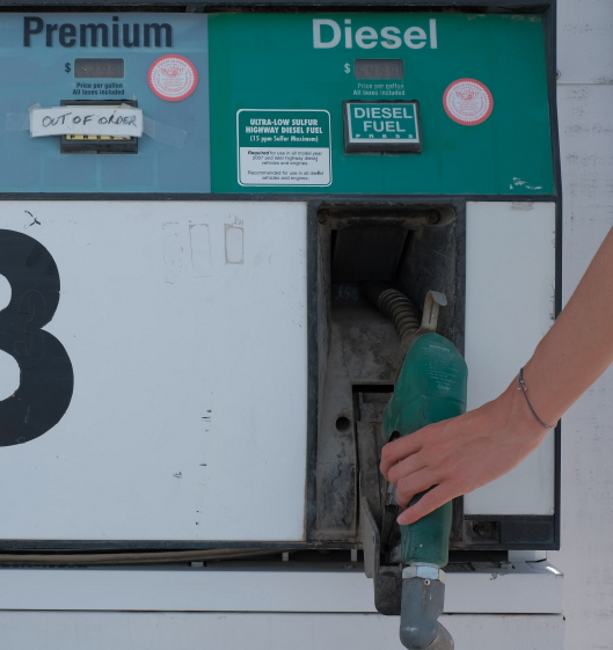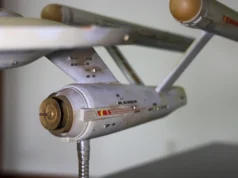
The gasoline vs. diesel debate has been there for decades and will probably never end. In the process, several misconceptions about diesel engines have been doing rounds for so long that people have started believing them to be facts. Misinformation has spoilt the reputation of diesel engines in the past. This article will set things straight once and for all.
Here are myths about diesel engines that simply are not true.
- Diesel engines can never be tuned
This misconception has been there for a long time, but the good news is that you can tune your diesel engine if you want more power and torque. In fact, some diesel engines withstand better tuning than petrol engines.
- Diesel engines cause a huge amount of air pollution
Diesel engines cause air pollution, but not as tremendous as some people will make you believe. You see, looks can be deceiving, and it’s no secret that diesel engines produce a lot of smoke. But studies have revealed that diesel engines are not heavy polluters, as some experts claim.
- Idling a diesel engine doesn’t waste fuel
Although you will not empty half a tank by idling your diesel engine, some fuel will definitely be lost. Reports have shown that idling your vehicle for 60 minutes wastes one gallon of diesel fuel. If you want to save money at the pump, don’t idle your engine.
- Diesel engines are hard to maintain
Really? Maintaining a diesel engine is not more expensive than a gasoline engine. Strict emissions rules for diesel engines have led to the misconception that diesel engines are more expensive to maintain than petrol engines. The good thing is that this is not true. In any case, durability is a major factor to consider when purchasing a car and diesel engine will offer you just that – longevity. A properly maintained diesel engine offers better fuel economy and rarely experiences failures. Fix or replace faulty diesel engine components, including fuel injectors, fuel injector pumps, and turbochargers, when necessary to keep your engine performing at its best. Check out https://goldfarbinc.com/collections/stanadyne-injection-pump for genuine diesel engine parts.
- Diesel engines are not appropriate for long trips
There is no reason whatsoever that suggests a diesel engine will let you down during a long trip. A diesel engine can handle long distances well, like their petroleum counterparts. It’s unclear how this misconception came about, but it would be safe to say that a diesel engine will let you down during long trips if it is not well maintained.
- Diesel engines won’t start easy during cold seasons
Well, it is true that diesel engines struggle to start during winter, but gasoline engines also struggle. This myth creates a perception that all diesel engines will struggle to start during winter. Most diesel vehicles have block heaters that come in handy during cold weather, but the problem is that most people don’t know about them or how to use them.
- Diesel engines are slow
A diesel engine of three decades ago would most probably cost you a pink lip if you were in a hurry. This misconception was a fact then, but not now. A modern diesel engine can get more horsepower from diesel fuel than a petrol engine can get from burning gas. One gallon of diesel has more energy than a gallon of gasoline!
- Finding diesel is difficult
Finding diesel at the pump was hard some decades ago. It’s no longer the case, but some people have held onto it. Diesel-powered cars have gained popularity in recent times, and diesel is no longer a problem to find. Next time you go to fill up your gasoline-powered car, check the pumps. You can’t miss a button for diesel fuel on the pump or separate pump at the same station.
- You need to idle a diesel engine in the morning
We are no longer in the 20th century when this used to be true. Advancements in technology have made our lives easier. Thankfully, you no longer need to idle your diesel-powered car in the morning to get it running.
- Authorities are against diesel engines
Some are, but others are not. But even governments that are against diesel engines have not banned them completely. Most of these governments have put in place stringent emissions regulations, which have forced vehicle manufacturers to manufacture cleaner diesel engines, which they have.
- Diesel engines perform poorly at high altitudes
This is not true. In fact, diesel engines perform better than gasoline engines at high altitudes. The explanation behind this is that at high altitudes, the air is thinner. Thus, the combustion chamber in diesel engines allows you to add more fuel, giving you more power.
- They are louder
Although diesel cars have become popular in the last few decades, they are no longer rattle boxes. Older diesel engines used direct injection and were noisier compared to modern diesel engines.
- Water cooling isn’t necessary
Water cooling is essential. Otherwise, your diesel engine will blow up. You need to take water cooling seriously if you want to improve the lifespan of your diesel engine.
Diesel engines can run using vegetable oil
Really? Although diesel engines can run off biodiesel, which is a derivative of vegetable or other oils, you can’t just put vegetable oil straight from your frying pan into your fuel tank. Biodiesels and vegetable oils are not the same.
- Diesel cars are on their way out
Are diesel cars dying out? Of course not. Although there have been strict emissions regulations, there is no one country that has banned diesel cars. Diesel cars are going nowhere. Consumers have recognized the technological advances which have improved fuel economy and reduced emissions tremendously in the last decade.
Endnote
Diesel engines of three decades ago were poor in many ways compared to gasoline engines. However, thanks to advances in technology, diesel engines are more powerful and efficient. Here are reasons why you should consider buying diesel cars:
- Better resale value
- Better fuel economy compared to gasoline engines
- Diesel engines last longer
- Fuel flexibility options
- More torque












